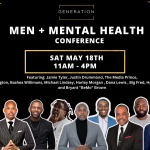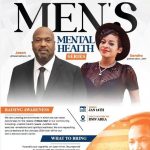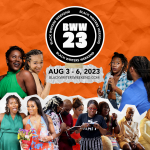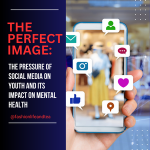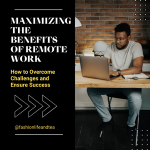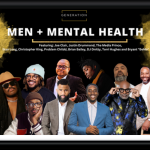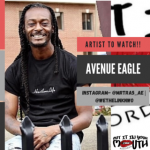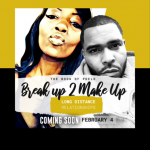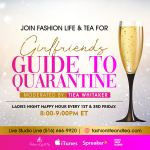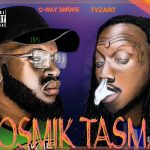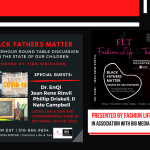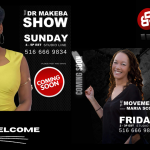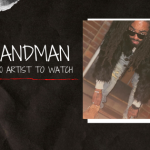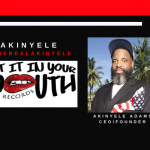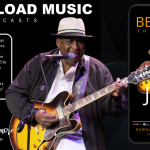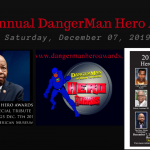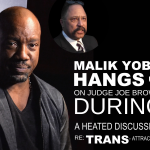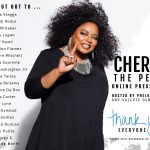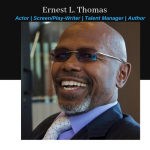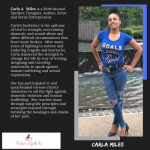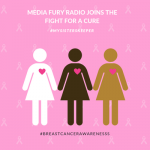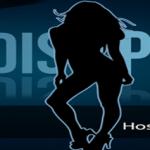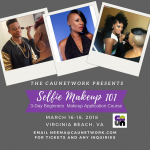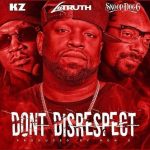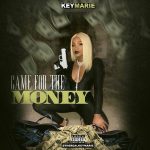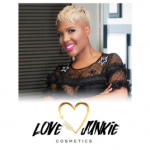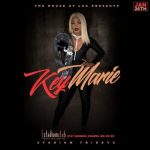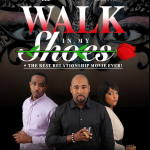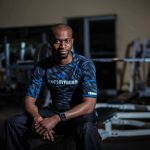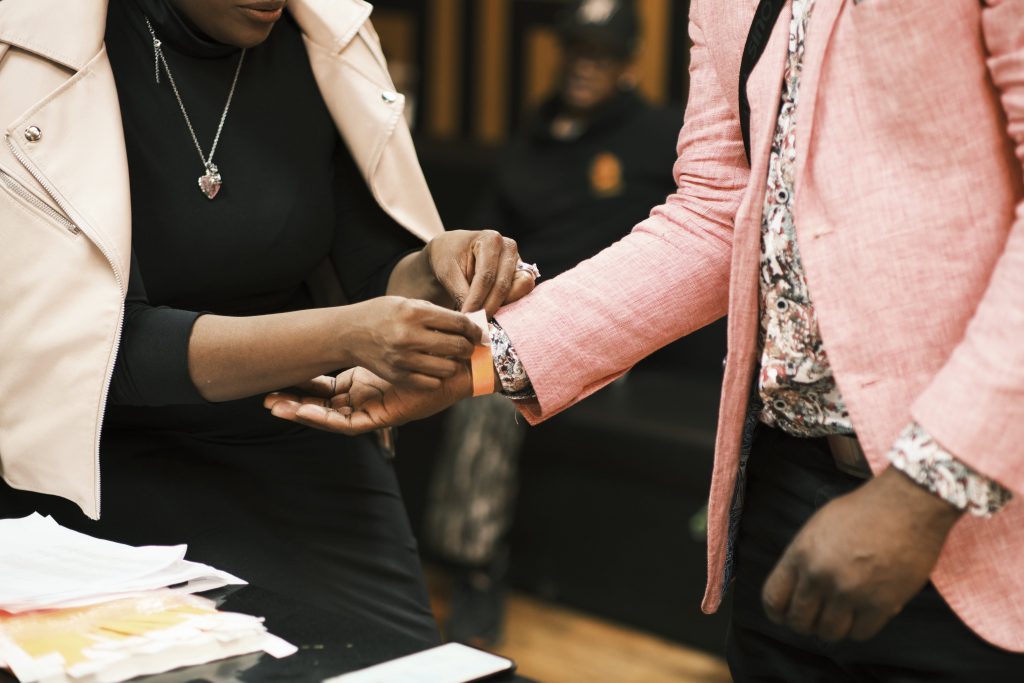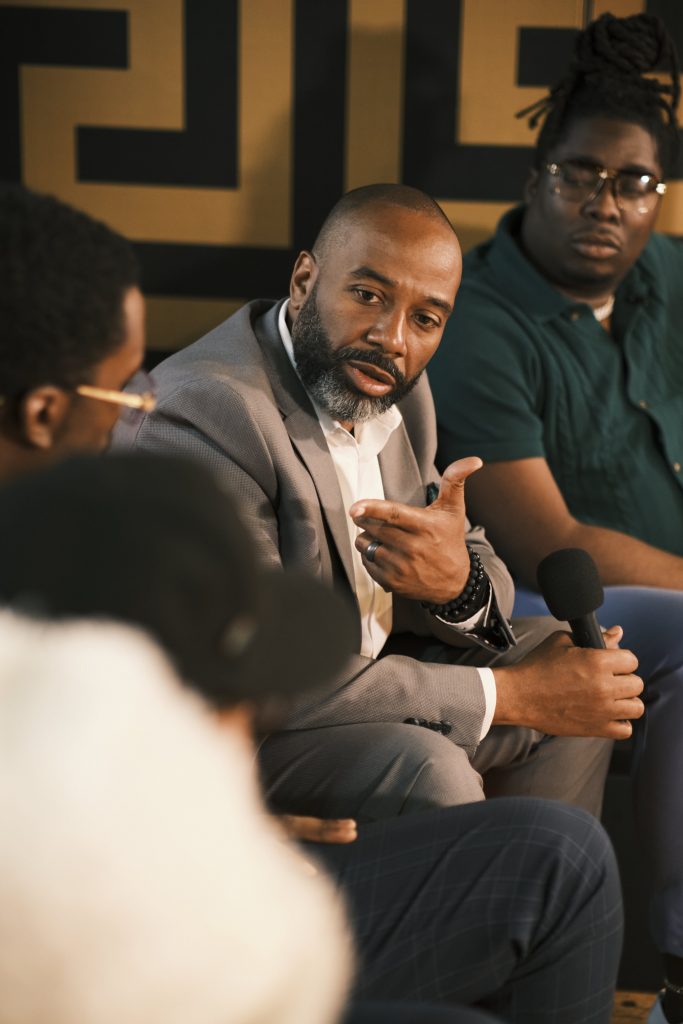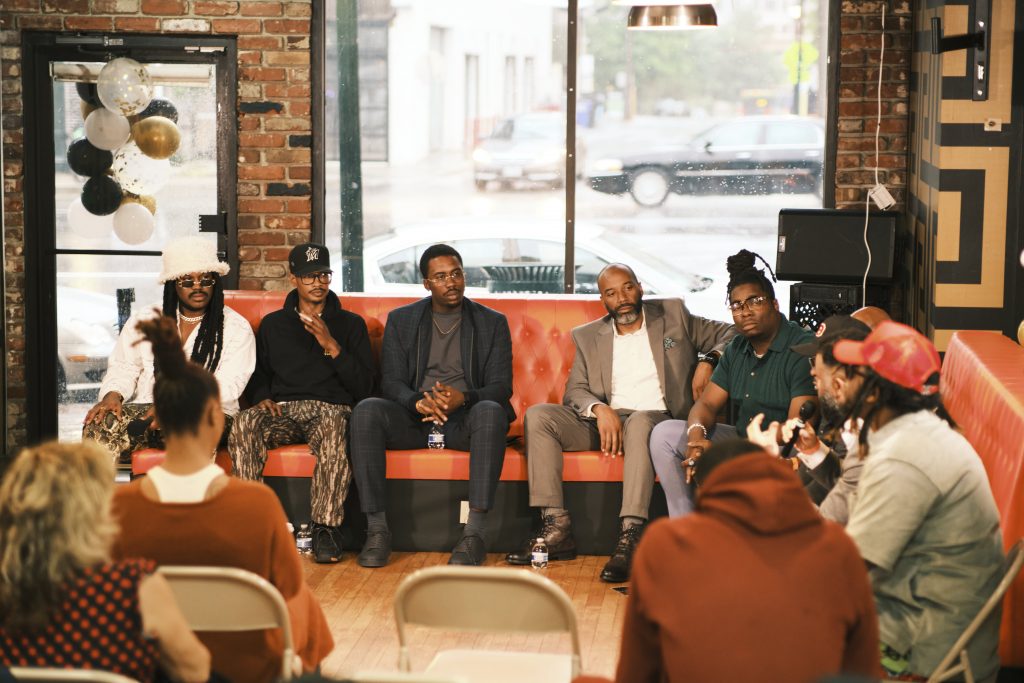When we hear the term mental health, many thoughts may come to mind, along with associated stigmas in the black and brown community. Too often, those experiencing mental health struggles suffer in silence and go undiagnosed, missing out on support and life-saving treatment.
As mental health challenges continue to rise across the globe, men are less likely to seek help or speak about their mental health struggles. This is especially true for black and brown men, who are not only affected by the general barriers to medical treatment, but they’ve also adopted ideologies around masculinity and what that looks like, and view having mental health challenges as being “less masculine.” This aids in their reluctance to seek treatment. Most don’t wear their mental health struggles outward, and often more times than not, you’d be unable to tell they are suffering in silence. While it appears they are thriving outwardly, their internal cries weigh heavy, with many emotional struggles dating back to early adolescence.
In some instances, mental health struggles begin to affect personal and social relationships or lead to substance dependence to cope day-to-day. Stress-induced health issues can develop due to carrying mental and emotional weight with no outlet. Studies have shown stress is linked to a higher risk for disease, including cardiovascular disease and certain cancers, to include prostate cancer, chronic pain, chronic gastrointestinal issues, male infertility, and erectile dysfunction.
Generation DMV aims to break down the invisible barriers surrounding men and mental health, and bridge the generational gap, putting together a platform aimed to inspire, uplift, and support men on their journey from suffering in silence, to creating their village of hope, and providing information on access to resources.
“With the current state of mental health in our society, this conversation about Men’s Mental Health is now long overdue, and it’s something we need to address more in the black and brown communities.” –GenerationDMV.com
The Men & Mental Health event series kicked off Saturday, April 22, 2023, in Silver Spring, MD. The event included a panel of notable male guest speakers: Comedian and Activist Joe Clair, Author & Motivational Speaker Stan Long, Award-winning Journalist The Media Prince, Former NCAA Championship player & CEO of SparkC, LLC Justin Drummond, Radio One’ 93.9 WKYS radio host Problem Child, Founder and CEO We Are Marcus (WAM) Christopher King, and more.
Attendees gained insight on the issues plaguing men of color and how they impact their mental health, learned more about Men’s Mental Health from different generational views, tips on providing support, and info on access to free local assistance. The event ended with the call-to-action to connect, support, advocate for and build as a community.
More events from Generation DMV are underway. Follow their movement online at GenerationDMV.com and on social media @GenerationDMV.
Check out some pictures from the event below.

If you are someone you know needs assistance, check out these FREE Resources:
-Struggling with Anxiety: Create your own profile at Anxiety Social Net (anxietysocialnet.com) to connect with people dealing with everything from social anxiety to agoraphobia. Prefer to meet in person? Find a state-by-state list of support groups at the Anxiety and Depression Association of America’s website (adaa.org).
-Struggling with Depression or Bipolar Disorder: Locate an in-person or online group at the Depression and Bipolar Support Alliance site (dbsalliance.org).
-Struggling with Postpartum Depression: The Postpartum Progress site (postpartumprogress.com) lists support groups in nearly every state as well as in Canada and maintains an online forum.
-Struggling with Schizophrenia: The Schizophrenia and Related Disorders Alliance of America facilitates groups nationwide; find one on its site (sardaa.org). You can also dial into its phone groups (855–640–8271) at 7 P.M. ET Sunday, Thursday and Friday with the pass code 88286491#.
-Plagued by Obsessive-Compulsive Thoughts and Behaviors: More than 200 groups are listed with the International OCD Foundation (iocdf.org), which aids those affected by the disorder and their families.
-The Adult Child of an Alcoholic: The Adult Children of Alcoholics World Service Organization maintains numerous support groups and hosts call-in and online sessions (meetings.adultchildren.org).
-Grieving Someone Who Died by Suicide: Join one of the many groups for survivors listed on the American Foundation for Suicide Prevention website (afsp.org).
-A Survivor of Rape, Sexual Assault or Incest: After Silence (aftersilence.org) is a message board and chat room for victims of sexual violence.
-Battling Anorexia, Bulimia, Bing Eating or Food Addiction: Eating Disorder Hope catalogs online support groups (eatingdisorderhope.com/recovery/support-groups/online); it also offers help and advice for those close to someone struggling to overcome an eating disorder.
-Battling Sex Addiction: Sex Addicts Anonymous (saa-recovery.org), similar to Alcoholics Anonymous, offers a widespread network of in-person, online, and phone meetings.
-Self-Harming: Daily Strength hosts a web forum where people dealing with self-injury can find encouragement, understanding, and a new way to cope (dailystrength.org/group/self-injury).
-A Veteran Who Is Injured Or Has PTSD: The VA Combat Call Center — 877-WAR-VETS (877–927–8387) — is staffed 24/7 by fellow combat veterans or spouses of disabled veterans who can offer immediate help; the Vet Center program site (vetcenter.va.gov) can direct visitors to both group and private counseling

